 Sign in
Sign in
Government
Science
VoxDev.org
Hear about the cutting edge of development economics from research to practice.
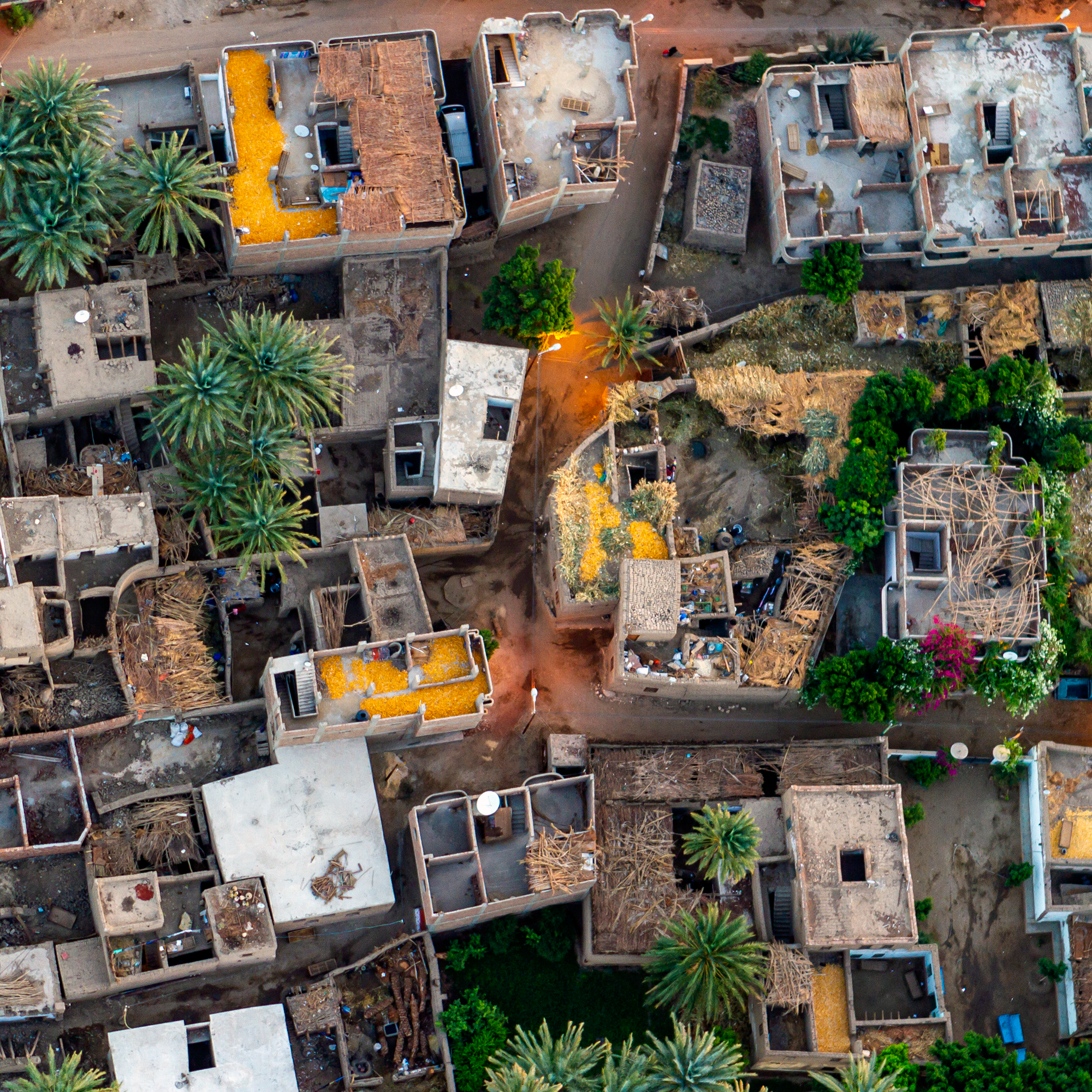
S3 Ep42: Bridging the divide between micro and macro research
Macroeconomic development policies can be effective to combat poverty. But a lot of research uses smaller-scale RCTs and experiments. Can macro theory and micro empirical research complement one another? Francisco Buera and Joseph Kaboski tell Tim Phillips how this can work in practice, and how it can lead to better policy.
19:1806/12/2023
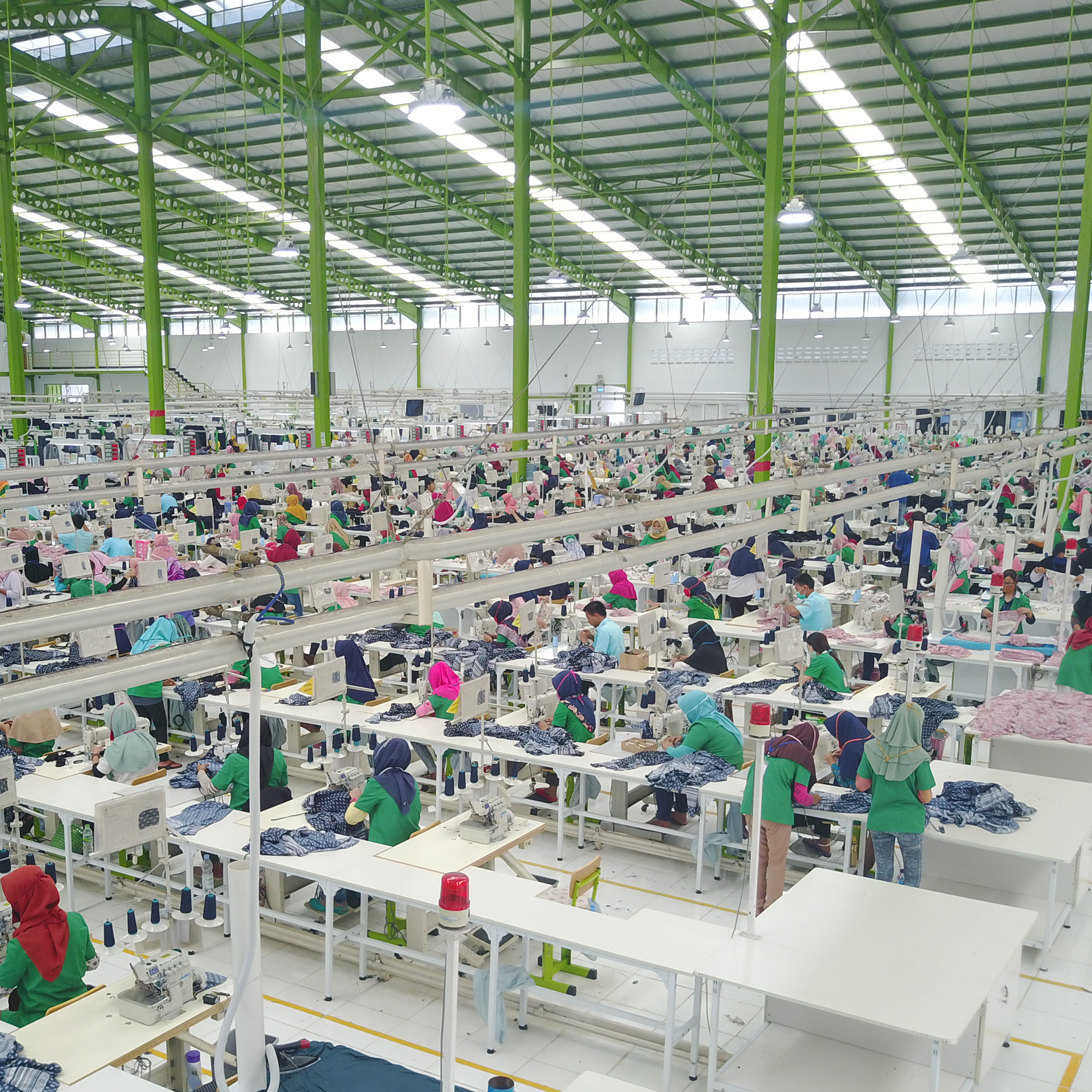
S3 Ep41: Global value chains and development
The rapid spread of GVCs has revolutionised the manufacture and supply of … everything. We can point to trade statistics to show that. But what aspects of the relationship between producers and buyers aren’t captured in these statistics? Long-time observers of GVCs Julia Cajal Grossi and Rocco Macchiavello explain to Tim Phillips how supply chains really work.
46:0729/11/2023

S3 Ep40: Renewable energy in LMICs
In developing countries, electricity is still mostly generated from fossil fuels. So how quickly can that change? And what policies are needed to speed innovation in renewables and the transition to using them? John Van Reenen of the London School of Economics and Mar Reguant of Northwestern talk to Tim Phillips.
14:5721/11/2023
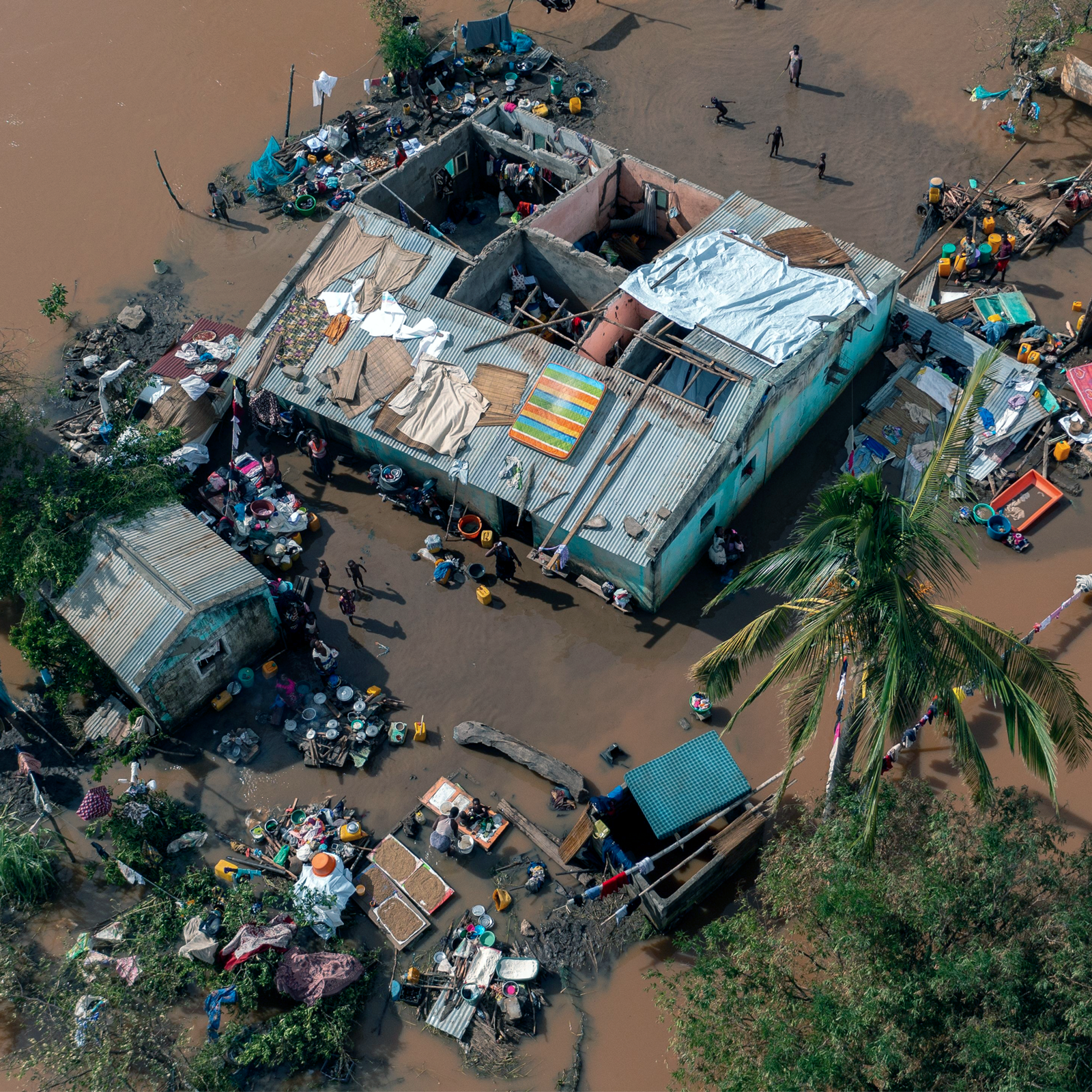
S3 Ep39: The inequality of environmental damage
We tend to discuss changes to the natural environment in big, global numbers. But the impact of those changes is felt in different ways by different people in different places. Tamma Carleton and Reed Walker talk to Tim Phillips about the inequality of environmental damage, and how more detailed data and analysis can help policymakers target their interventions.
21:2015/11/2023
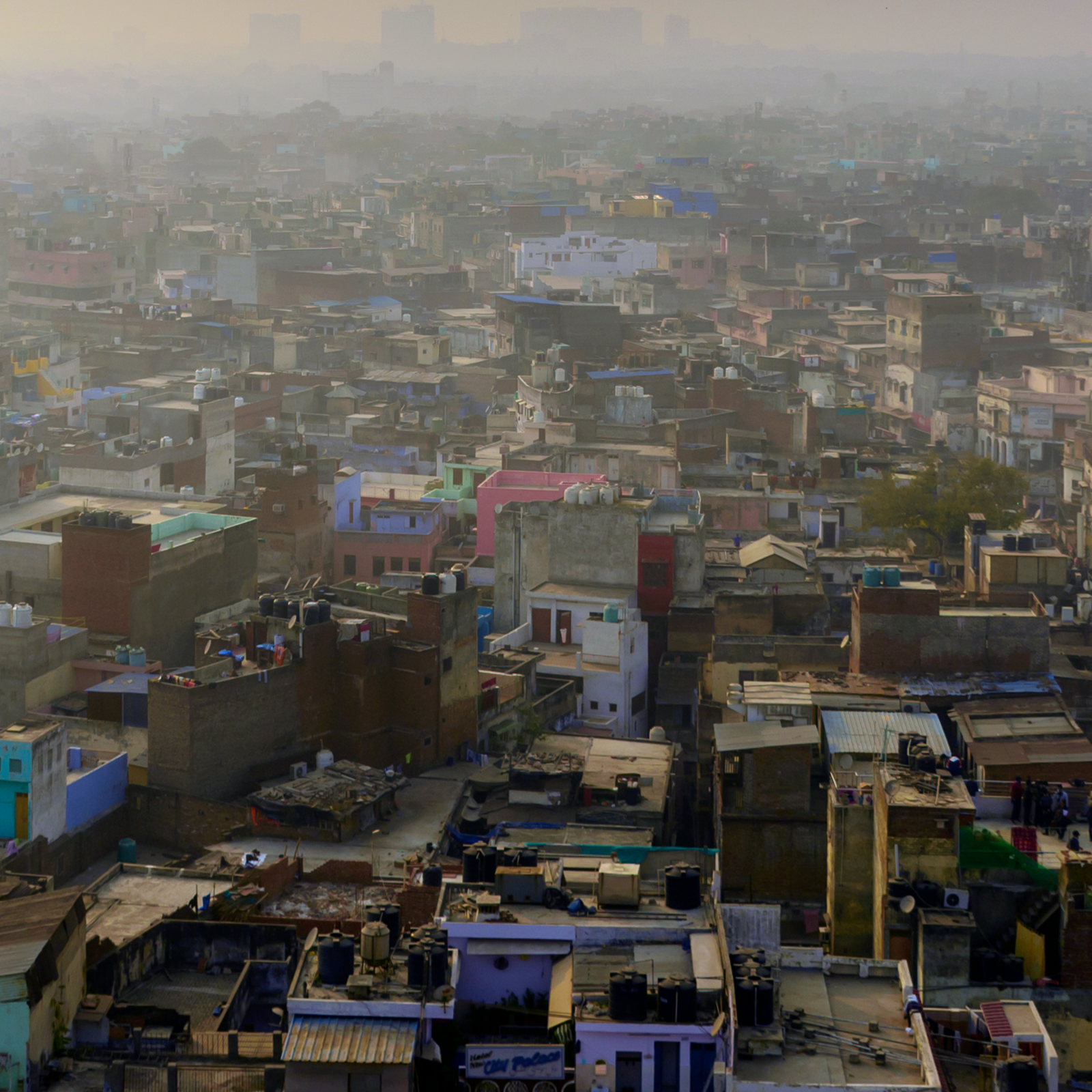
S3 Ep38: Pollution and regulation in LMICs
Where there are no markets for clean air or drinkable water, can regulation step in? The latest lecture in the Bread-ICG lecture series on environmental economics explored the challenges of environmental regulation in developing economies. Rohini Pande and Nick Ryan talk to Tim Phillips.
24:2508/11/2023
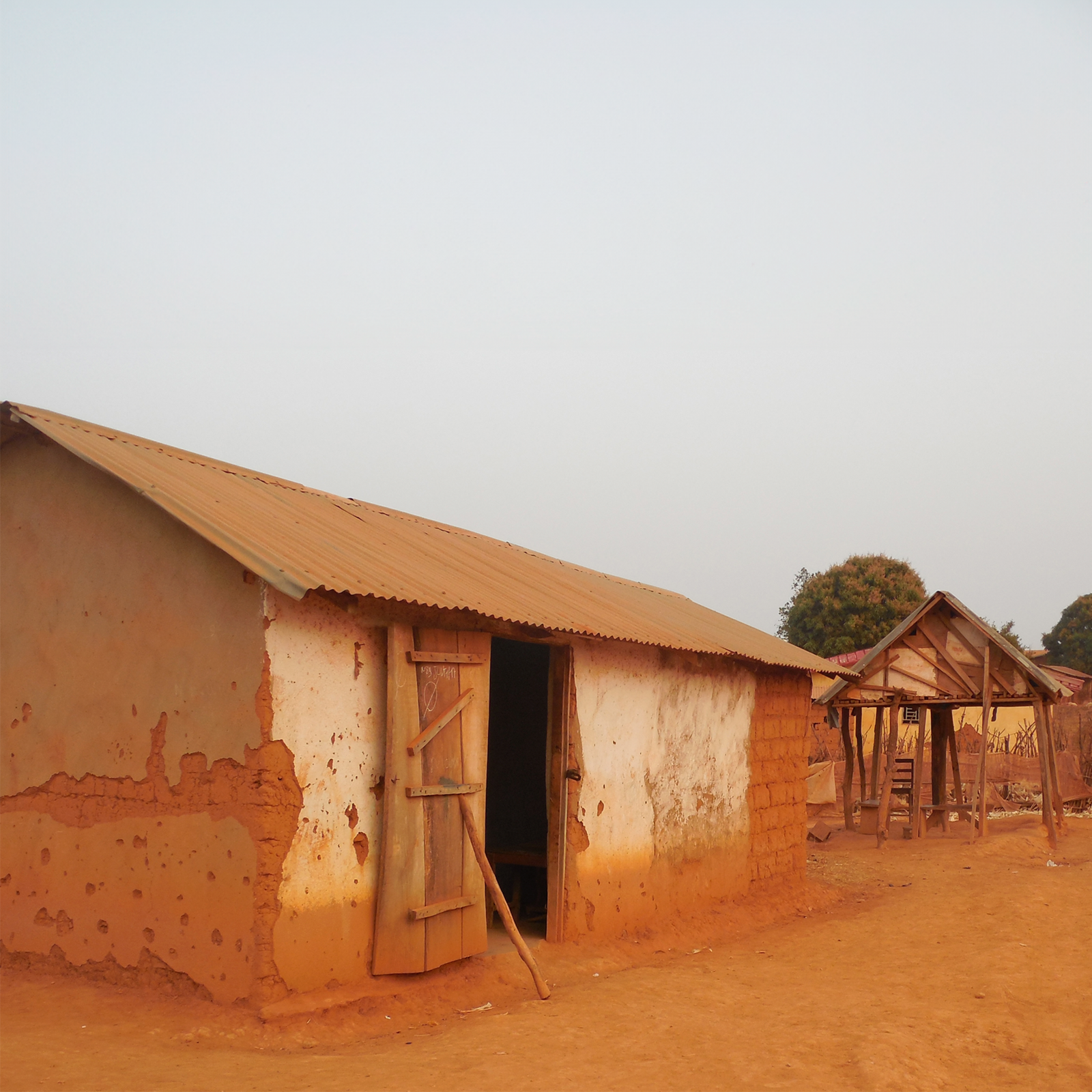
S3 Ep37: Skill versus voice in local development
When the state is weak, autocratic traditional chiefs control the provision of public goods. If they don’t have the technical skills that these tasks need, can delegation to technocrats or inclusive decision-making improve outcomes? Katherine Casey tells Tim Phillips about the results of an experiment in Sierra Leone.
21:3001/11/2023
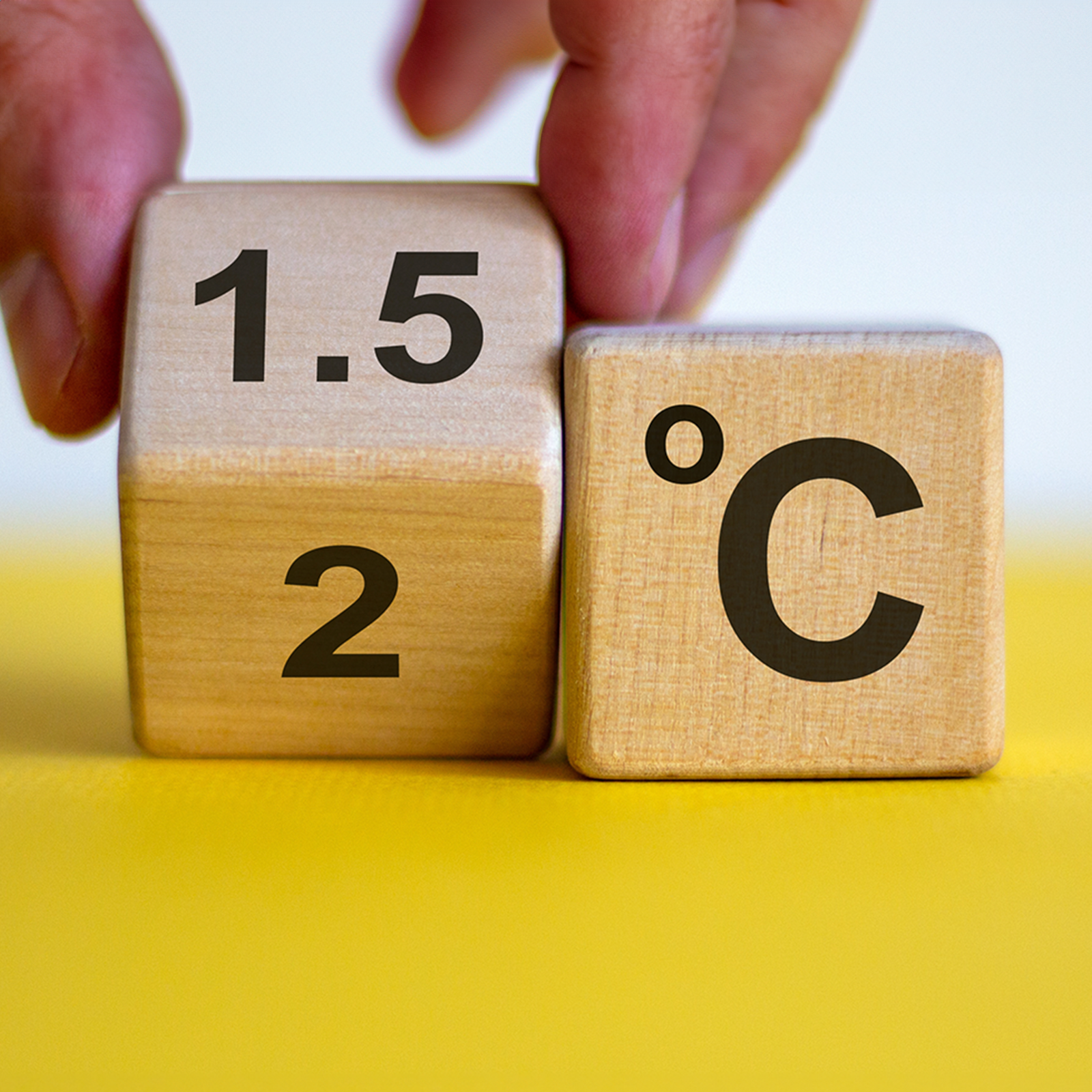
S3 Ep36: International climate action
Policies and commitments to tackle climate change emerge from global meetings and conferences. In our latest episode examining policy for environmental economics in development, Bard Harstad talks to Tim Phillips about how economics can help us make (and stick to) international commitments.
15:3025/10/2023
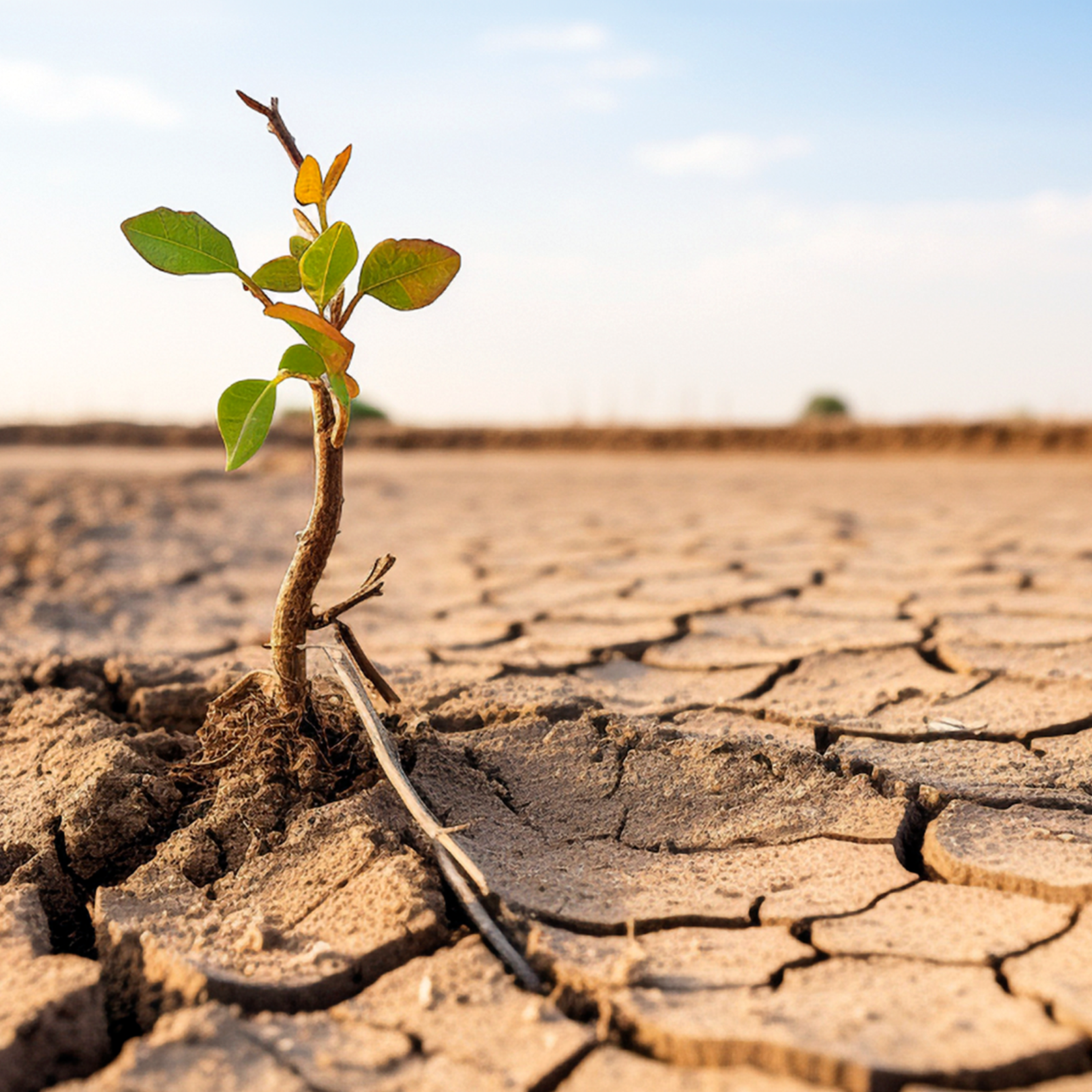
S3 Ep35: Finance and climate resilience
In future we’re going to have to cope with a more volatile climate, but how can we increase the resilience of the most vulnerable communities? An analysis of droughts in the US in the 1950s shows how the financial sector can help communities to adapt to large climate shocks – and what happens when credit is not available. Raghuram Rajan and Rodney Ramcharan talk to Tim Phillips.
26:5111/10/2023
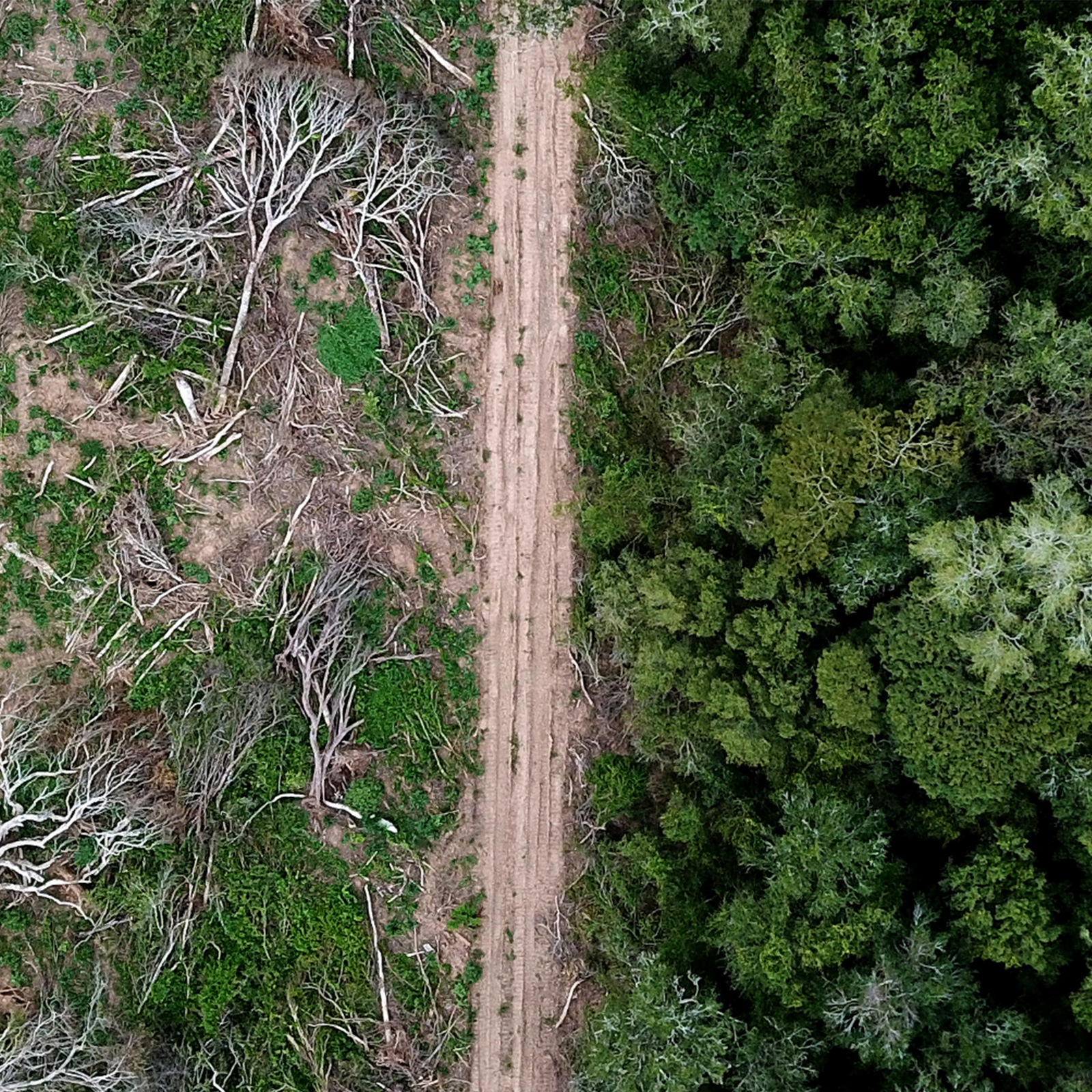
S3 Ep34: The economics of conservation in LMICs
In the second of our episodes examining policy for environmental economics in development, Seema Jayachandran and Ben Olken talk to Tim Phillips about how to reduce pollution and increase conservation, while protecting the livelihoods of the global poor.
28:0704/10/2023
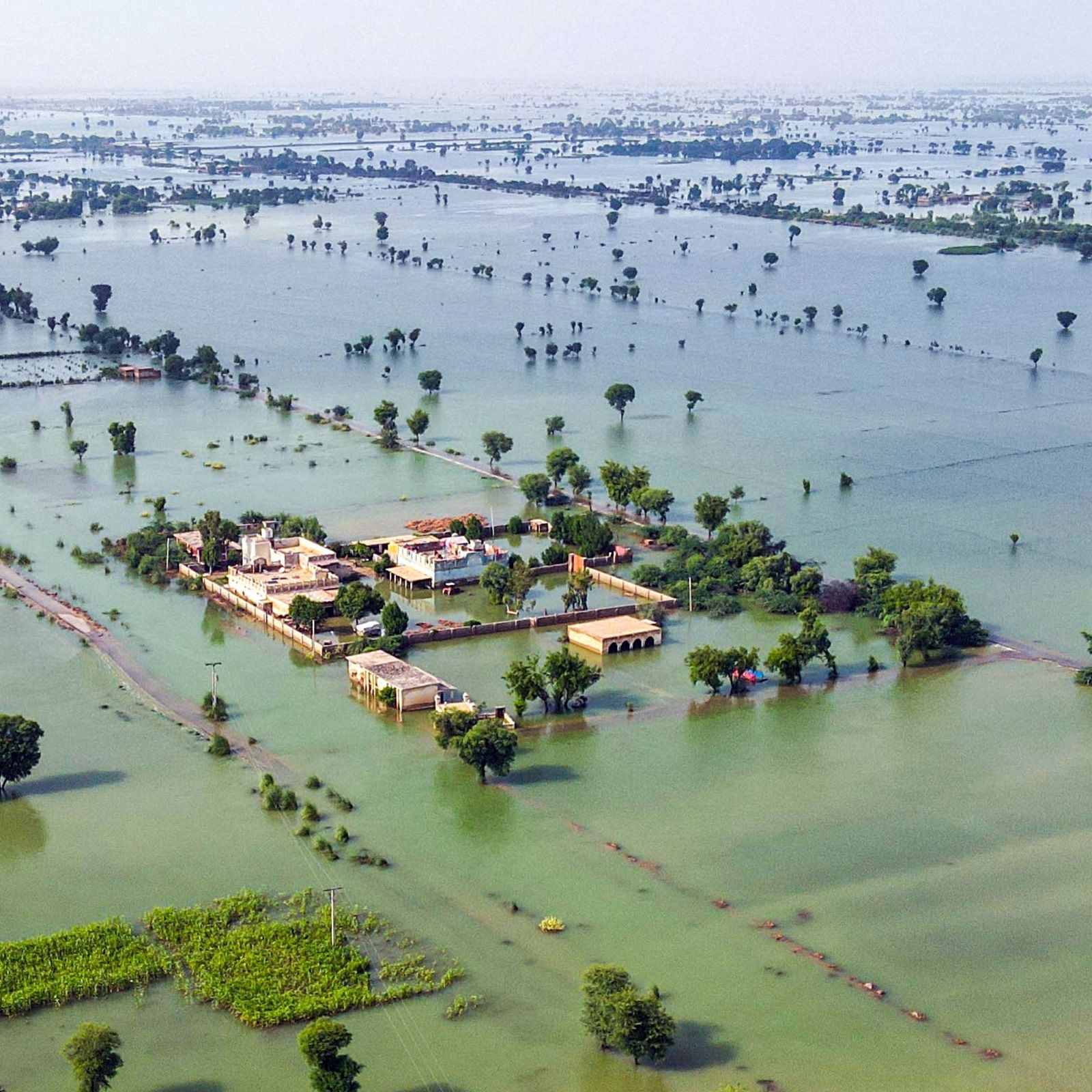
S3 Ep33: Environmental economics and policy in LMICs
In the first of a series of episodes that investigates policy for environmental economics in development, Kelsey Jack and Robin Burgess introduce the topic to Tim Phillips, and its implications for adaptation, natural capital conservation, and innovation.
32:2327/09/2023
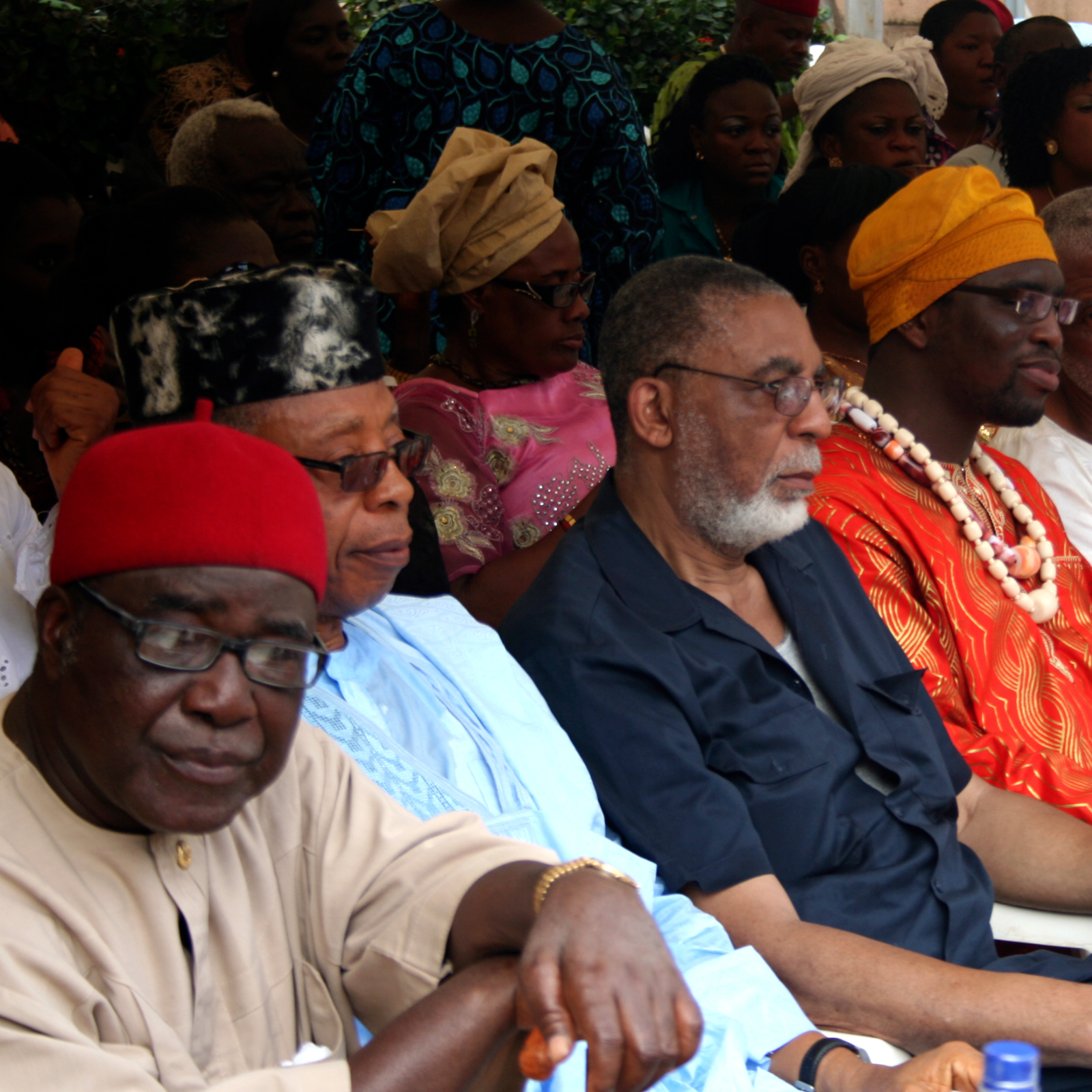
S3 Ep32: Political economy and development
The study of institutions and political power is a strand of development research that in recent years has taught us a lot about – in the name of the famous book – Why Nations Fail, but also what improves their chances of success. James Robinson talks to Tim Phillips about what he and his fellow researchers have discovered, and which directions for future research are the most exciting.
Photo credit: Jeremy Weate
30:5020/09/2023

S3 Ep31: Decentralised governance in developing countries
In the last 30 years many governments have attempted to shift service delivery away from a central bureaucracy to local administrations. How well has it worked, and what do we know about the right and wrong way to decentralise? Dilip Mookherjee talks to Tim Phillips. Photo credit: Julien Harneis
28:5713/09/2023

S3 Ep30: Targeting health incentives in India
Most policies are one-size-fits-all. But in some cases, we can do better. How can we design an intervention that incentivises people to manage their diabetes and hypertension, and does it deliver better results for both the patient and the policymaker? Ariel Zucker of UC Santa Cruz tells Tim Phillips about an experiment to deliver personalised healthcare in India.
22:4406/09/2023

S3 Ep29: Air pollution and infant mortality
Poor air quality is a danger to children’s health, but most of what we know about the effects are from wealthy countries or large cities. A multidisciplinary study has estimated the impact of air quality on child health for many countries in sub-Saharan Africa, with surprising policy conclusions. Jennifer Burney talks to Tim Phillips.
19:4030/08/2023

S3 Ep28: Putting research into practice at the Inter-American Development Bank
The economies of Latin America and the Caribbean are facing some tough economic problems. What policies will improve prospects for people who live in the region? Eric Parrado, Chief Economist at the Inter-American Development Bank, talks to Tim Phillips about how IDB puts research into practice.
24:3723/08/2023

S3 Ep27: Unpacking anti-poverty programmes
Multifaceted graduation programmes can permanently change the lives of desperately poor people. But which components of these programs are the most important? And would any of these single interventions work just as well if they were tried on their own? Robert Osei tells Tim Phillips whether individual facets might be sufficient to help people graduate permanently from poverty.
22:5816/08/2023

S3 Ep26: Politics and participatory development in Ghana
Should the community have a greater say in determining how aid is spent? Participatory development aid has the goal of making sure that governments can’t misuse aid to buy approval. It’s an important idea, but Kate Baldwin tells Tim Phillips that it may be much more complicated in practice than in theory.
20:0109/08/2023

S3 Ep25: Research into practice: DIME
The challenge of creating evidence-based policy inspired Arianna Legovini of the World Bank to create an entirely new model of impact evaluation: The Development Impact Evaluation (DIME) group generates operationally relevant data and research that has vastly expanded our knowledge of which interventions work, how they work, and how best to implement them. She tells Tim Phillips how DIME puts research into practice.
30:0602/08/2023

S3 Ep24: Understanding rural-urban migration in the developing world
Programs that incentivise rural workers to migrate to cities in Bangladesh for seasonal work have been successful. But why don’t more people migrate in this way, and why do some choose not to return to the city? Mushfiq Mobarak tells Tim Phillips about what the researchers discovered when they looked closely at the data, and how that should change policy to encourage migration.
24:1326/07/2023

S3 Ep23: Globalisation and the ladder of development
Thinking about development as a ladder is a useful metaphor, but is it true? Can every country climb, or does trade push some countries up the ladder, and some countries down? David Atkin of MIT used this idea as a starting point to investigate the interaction between global trade and development, and he tell Tim Phillips what he discovered.
27:1619/07/2023

S3 Ep22: Duflo: Development in the 21st century
In the first of a series of podcasts recorded at the PSE-CEPR Policy Forum at the Paris School of Economics, Esther Duflo talks to Tim Phillips about how development economics can respond to the challenges of the 21st century, the link between climate justice and corporate taxation, and why development economics is like cooking a ragoût.
24:0212/07/2023

S3 Ep21: Cost-effective ways to improve global learning
In a world of limited resources, which interventions to help kids learn offer the best value for money? A new report evaluates the evidence and gives some clear policy recommendations about what is, and is not, a policy “smart buy”. Rachel Glennerster talks to Tim Phillips.
25:1105/07/2023

S3 Ep20: Expanding higher education empowered women in Egypt
Increasing access to education, specifically higher education, can lead to better life chances, particularly for women. But how large is the benefit, and what changes? Ahmed Elsayed talks to Tim Phillips about what we can learn from Egypt’s post-revolution expansion of public university education.
20:5107/06/2023

S3 Ep19: The rise and fall of local elections in China
When dictators introduce local elections, more democracy at the local level may mean less control for the rulers. For a time in rural China, elected village leaders implemented government policy, favouring popular policies, while pushing back against those that villagers didn’t like. Nancy Qian tells Tim Phillips how even in a dictatorship, democratic choices can sometimes shape local lives.
33:2231/05/2023

S3 Ep18: Promoting national integration in Nigeria
When a country’s borders encompass several distinct ethnic groups, how does it create a national identity? A program in Nigeria assigns graduates to different ethnic regions for a year. Does this make them prouder to be Nigerian, and do they give up some of their ethnic identity if that happens? Oyebola Okunogbe talks to Tim Phillips.
23:3924/05/2023

S3 Ep17: Do public works programs have sustained impacts?
How effective are workfare programs at achieving their goals? Do they provide a way for participants to change their lives, or just short-term extra income? Eric Mvukiyehe and Subha Mani have analysed the outcomes of recent programs, and they tell Tim Phillips what workfare does well, and whether the programs sustain their successes.
26:3417/05/2023

S3 Ep16: Public works programs in fragile economies
Public works programs – workfare – are used in many fragile and conflict-affected countries to offer a safety net to poor and vulnerable households. But how large is their impact, do men and women benefit equally, and do they have a wider social benefit? Arthur Alik-Lagrange tells Tim Phillips about the impact of one program in the Central African Republic.
30:3510/05/2023

S3 Ep15: Rebel governance and development in El Salvador
El Salvador’s civil war ended a generation ago, but what is its legacy in the regions that were occupied by guerrillas? The economy can recover, but is there longer-lasting damage to institutions and trust? Mica Sviatschi talks to Tim Phillips about how El Salvador is still divided by conflict.
25:5803/05/2023

S3 Ep14: How childcare empowers women
Better access to childcare may make it easier for women to get jobs outside the home, get better jobs, or make more money doing the job they have already. All desirable outcomes, but how easy are they to achieve? Selim Gulesci talks to Tim Phillips about a J-Pal Policy Insight that pulls together the research on these topics.
21:3126/04/2023

S3 Ep13: Work, women and domestic violence
If we can provide better employment opportunities for women, in theory that could reduce domestic violence – but strong empirical evidence has been hard to find. Deniz Sanin tell Tim Phillips how government policy to boost coffee exports in Rwanda may have reduced domestic violence and why paid work has this effect.
23:1119/04/2023

S3 Ep12: Research into practice: evidence from healthcare
Zulfiqar Bhutta of the Centre for Global Child Health is one of the global leaders in implementing large-scale public health programs in developing countries. He tells Tim Phillips about what he has learned about working with communities to improve their health, how failure can often be a positive learning experience, and what clinicians can learn from – and teach – economists.
Photo credit: DFID/Russell Watkins
27:2012/04/2023

S3 Ep11: Can agricultural extensions be discontinued?
When there’s a successful agricultural extension program, how much of that success is sustained when it is discontinued? How long it takes to change behaviour, and whether change is permanent, can tell us a lot about whether the program is good value. Munshi Sulaiman tells Tim Phillips about a “reverse RCT” in Uganda that tested this question.
23:5405/04/2023

S3 Ep10: How monitoring workers can backfire
Managers often don’t know how much effort their workers are putting into a job. Technology offers a way to solve this problem by monitoring those workers automatically. But do all workers put in more effort when they are monitored? Golvine de Rochambeau talks to Tim Phillips about what happened when Liberia’s truck drivers had GPS trackers fitted to their trucks.
21:2929/03/2023

S3 Ep9: Mother-father differences in spending on children
Are fathers more generous to their sons than their daughters? If that investment is in the child’s education and healthcare, then gender-based differences are not just unfair, they give sons a head start in the future. Rebecca Dizon Ross tells Tim Phillips about a new experiment to measure mother-father differences in spending, and to discover why it happens.
Photo credit: Brian Wolfe/flickr
19:5915/03/2023

S3 Ep8: FDI inflows and domestic firms
How does trade policy shape foreign direct investment in exporting countries, and how might this affect their structural transformation? Nina Pavcnik tells Tim Phillips about the long-run impact of a bilateral agreement between Vietnam and the US, with some surprising insights into the relationship between trade and job creation. Photo credit: Hien Phung, stock.adobe.com.
17:5508/03/2023

S3 Ep7: How child mortality persists across generations
The risk that a child will die is lower than it used to be, but in low-income countries it is still not unusual. But how persistent is this in families, and what does this tell us about the causes and consequences of child mortality? Tom Vogl talks to Tim Phillips.
23:1001/03/2023

S3 Ep6: Elite control and development in Brazil
In the 1960s, Brazil’s military dictatorship set out to undermine the power of local political elites by creating local political competition. New research finds that in the regions where the elites were strongest, the policies led to better governance, and more long-run growth. Claudio Ferraz and Monica Martinez-Bravo explain how this happened to Tim Phillips. Photo: Roberto Rocco TU Delft.
31:2822/02/2023

S3 Ep5: The impact of public childcare in Brazil
How does providing daycare affect infants, their parents, and even their grandparents during the seven years that follow? When Rio de Janeiro held a lottery for thousands of places, David Evans and Lycia Lima were two of a group of researchers who made the most of the opportunity to discover new evidence for the benefits of childcare, and they tell Tim Phillips what they found out.
21:0315/02/2023

S3 Ep4: Grandmothers and the Mexican labour market
If women want or need to work outside the home, someone needs to look after their kids. In Mexico, that person has traditionally been the grandmother. But what happens when she’s suddenly not around? Miguel Angel Talamas Marcos talks to Tim Phillips about his research that shows how important grandmothers are to female participation in the labour market.
17:3308/02/2023

S3 Ep3: Did joint ventures help China’s auto business?
When FDI mandates joint ventures foreign firms get market access, and their local partners get access to knowledge and technology in return. Does the policy benefit the host economy and its consumers more than other forms of FDI would have done? Jie Bai of Harvard Kennedy School talks to Tim Phillips.
28:1701/02/2023

S3 Ep2: Promotion, pay, and productivity
Do healthcare workers in Sierra Leone work harder when they know that promotion is based on performance, rather than friendships or connections? And if they discover that promotion isn’t only unfair but has a big bump in pay, what effect does that have on productivity? Erika Deserranno tells Tim Phillips about an experiment with good news and some warnings for public sector employers.
24:2725/01/2023

S3 Ep1: Democracy and infrastructure investment in Indonesia
When Indonesia’s dictatorship became a democracy in 1999, did it affect the investment in healthcare? And was that spending allocated where it was most needed, or where it would win the most votes? Allan Hsiao talks to Tim Phillips about whether, in this case, democracy was a force for good? Photo: Ikhlasul Amal.
19:2118/01/2023

S2 Ep42: Corruption in Customs
In Madagascar, the taxes and duties collected by customs are half of the government’s tax revenue: so the potential cost of corruption is huge. Ana Fernandes and Bob Rijkers are two of a team that developed a new methodology to detect that corruption. They tell Tim Phillips what they found – and what the government did about it.
20:0730/11/2022

S2 Ep41: The benefits of road maintenance in Indonesia
We naturally assume that maintaining highways helps developing economies to grow and people to thrive. But there’s surprisingly little hard evidence on what the return on this investment could be – until now. Alex Rothenberg tells Tim Phillips whether repairing Indonesia’s roads has been a good investment.
16:1323/11/2022

S2 Ep40: The impact of privatisation
When governments want to raise revenue, they often look for state-owned assets to privatise. What is the effect on the people who work in these firms? David Arnold talks to Tim Phillips about the impact of privatisation in Brazil.
20:2009/11/2022

S2 Ep39: Improving the welfare of migrant workers
Millions of Sri Lankans have migrated to the Gulf region to work, but almost one in 10 makes a formal complaint to the consulate about abuse or employer malpractice. Is there a better way to protect them? Nilesh Fernando tells Tim Phillips about a successful policy to regulate the agencies that match workers and employers.
21:1002/11/2022

S2 Ep38: The challenges of improving public sector management
Imagine an intervention that combined funding, best practice delivered at scale, and near-universal compliance. Should this guarantee it will succeed? Not necessarily, according to a study of a program to improve quality in Indian schools. Abhijeet Singh talks to Tim Phillips.
29:1412/10/2022

S2 Ep37: Better bureaucrats in a crisis
What role do bureaucrats play in a crisis? We might think that the best bureaucracy would be made up of people who are very good at doing exactly what they are told. But research into the impact of the 1918 flu pandemic in India suggests that other factors may be important too. Guo Xu talks to Tim Phillips.
14:2005/10/2022

S2 Ep36: How corporate debarment affects workers in Brazil
What are the consequences for workers if they are employed by a firm that is sanctioned for corruption? We’re back in Brazil: Christiane Szerman tells Tim Phillips that the quest to do the right thing is catching guilty companies – but with devastating consequences for thousands of employees.
13:4228/09/2022

S2 Ep35: The unequal effects of pollution
Every year, ambient air pollution kills 3 million people, and causes respiratory problems for hundreds of millions more. Can low-paid workers avoid the harmful effects of air pollution without losing income? Bridget Hoffmann and Juan Pablo Rud talk to Tim Phillips about what data from Mexico City reveals.
12:4421/09/2022





